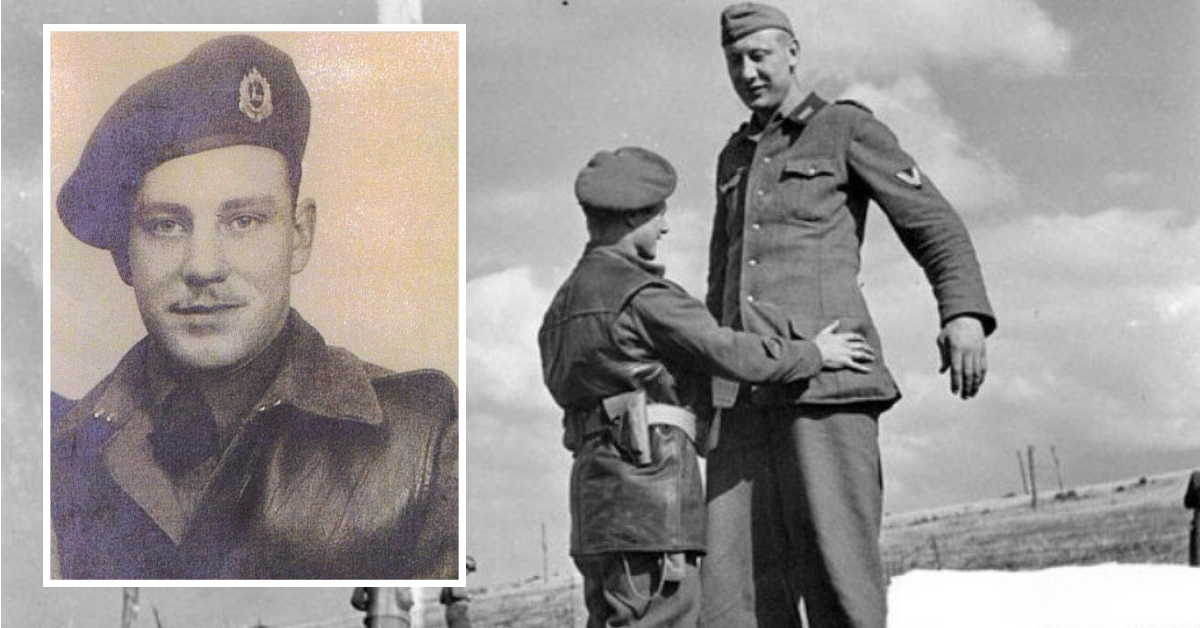- Joined
- Mar 6, 2011
- Messages
- 36,163
- Reaction score
- 27,893
- Location
- US of A
- Gender
- Male
- Political Leaning
- Liberal
I disagree Fighter Command was said to be pretty close to collapse and it wasn't because of aircraft it was the loss of experienced pilots.
But the Luftwaffe was under the same strain too; even worse, because their replenishment rates for their pilots were even lower than the British. By November the British had increased their number of pilots by 40%, but the German numbers had decreased by 30%. German pilots may have been good, but they weren't enough to make up for that sheer deficiency of manpower.
This was a difference of training; the RAF explicitly kept some of their best pilots and crew in reserve to train new ones, while the Germans threw their best ones right into the lead. The German pilots who survived racked up huge kill tallies, but at the cost of their comrades almost always being green recruits with limited training. Hence Galland commenting that the Luftwaffe never recovered from Britain; it had lost too many of its best pilots and their replacements weren't of the same quality.
11 Group might have to pull back north of London taking it beyond effective range of the Luftwaffe’s Me-109 fighters which were needed to escort the bombers on daylight raids. Withdrawing 11 Group north of London would have meant the Germans could have achieved air superiority over the invasion beaches which was their goal. It would have also exposed London to the full fury of the Luftwaffe.
But 11 Group didn't break. Park acknowledged their situation was critical, but in the same breath mentioned that his squadrons could hold unless the Germans suddenly increased their attacks. "I've been looking at our casualty figures, and I've come to the conclusion that at our present rate of loss we can just afford it. And I'm damned certain the Boche can't. If we can hang in as we're going, I'm sure we'll win in the end."
But the Germans couldn't match it. By late Fall 1940 the Germans were deficient in both pilots and planes. Had they kept pressing, they *might* have broken 11 Group, but at that point the Luftwaffe wouldn't have anything left to exploit it. In July the Germans had 906 pilots ready; by September they were down to 735.
Had they fought the Battle of Britain smarter, go after the RADAR stations, the command and control centers, they might have been able to win; but the course of action they took was never going to achieve victory.



